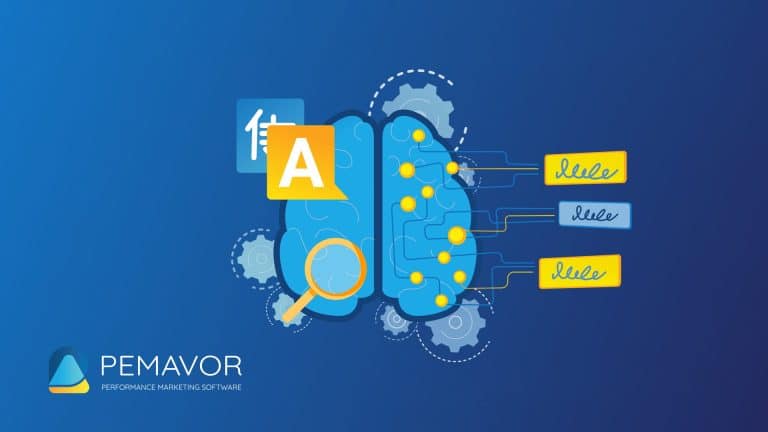The latest announcement regarding the Google Ads API introduces essential updates that PPC managers must be aware of to adapt their strategies effectively. Key changes in the release schedule highlight the evolution of product features that can be leveraged to optimize campaign performance. In light of these developments, it’s vital to understand the implications for your advertising operations and how to prepare for the upcoming adjustments.
These changes underscore a continuous commitment to improvement, allowing advertisers to access new features ahead of schedule. If you manage Google Ads campaigns, staying informed on these timelines is crucial for ensuring a seamless transition.
Key Modifications to the Release Schedule
The most notable changes to the Google Ads API release timeline include:
- The existing V20_1 will upgrade to a major version, now called V21.
- The current V21 will be renamed to V22.
- Two additional minor releases, v19_2 and v20_1, will be integrated into existing API versions.
- The projected launch dates for these versions will remain unchanged.
Updated Google Ads API Version Schedule
Here’s the revised version schedule with pertinent details for planning purposes:
| Version | Planned Release Type | Projected Launch | Projected Sunset |
|---|---|---|---|
| V20 | Major | June/July 2025 | June 2026 |
| V21 | Major | August/September 2025 | August 2026 |
| V19_2 | Minor | August/September 2025 | February 2026 |
| V20_1 | Minor | August/September 2025 | June 2026 |
| V22 | Major | October/November 2025 | October 2026 |
What PPC Managers Should Do Next
As you review your campaign strategies, consider the following actions:
- Reassess your current and upcoming projects to ensure they align with the new API release schedule.
- Prepare your team for the updates and leverage the new features for enhanced campaign efficiency.
- Monitor the Google Ads API support page for immediate assistance and updates on new developments.
Why This Matters for Your Campaigns
These adjustments to the Google Ads API are crucial for a few reasons:
- They allow for quicker access to innovative features that can enhance campaign performance.
- Understanding the timelines ensures that you can strategize ahead of major changes, minimizing disruptions.
- Staying updated will empower your team to leverage new tools as they become available, optimizing advertising outcomes.
In conclusion, as the Google Ads ecosystem continues to evolve, staying ahead of the changes becomes paramount for campaign success. Be proactive in your planning and leverage the expected features of the upcoming versions.
